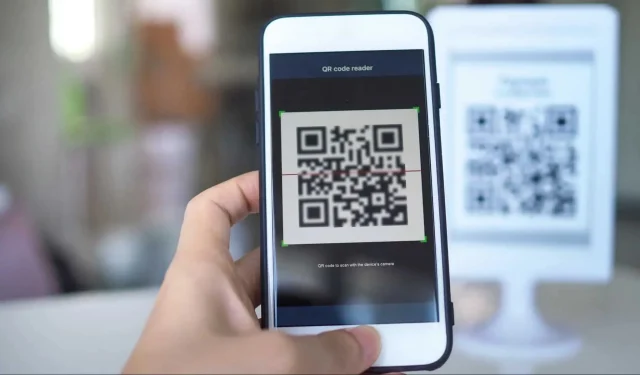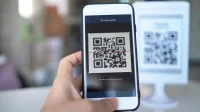When faced with a QR code or a short URL, caution is required. Let’s assume that these media are compromised. Here’s how.
You may have noticed that we live in the era of QR codes – they are everywhere, in restaurants, shops, etc., and they are visible in a prominent place. This technology is obviously very practical, it easily and quickly leads us to certain content, while hiding the final destination until the last moment. This means that what QR codes and other URL shorteners offer in terms of convenience costs us directly in terms of security. So how can we know if a QR code or a short URL is safe?
don’t trust anyone
First, let’s assume that no shortened URLs and QR codes are legal. A fake QR code can be easily pasted onto a real one, for example, in a restaurant. So, even if you think you’re following a QR code to get your favorite bar’s beer menu, you could be a victim of phishing and end up on a dangerous site. Replacing a QR code in a public place is so easy that you should just assume it’s dangerous.
What’s more, anyone can paste a short URL into an email, SMS, or any other messaging platform, and you have no way of knowing if it’s legal or not. So let’s assume it’s dangerous.
Switch to manual
When a company offers a short URL or QR code, it’s safest to go directly to the company’s website. Yes, you lose all interest in these technologies, but this is the only way to make sure that you are really on the right track.
If a QR code or shortened URL should take you to a site that is not accessible through your browser, ask the company to provide you with the URL directly. This will reduce the chance that the code you are about to scan has been compromised.
Pass through the scanner
Another option is to add a security layer. You can replace your own QR code scanner with a more secure tool that will check the URL before directing you there if you choose. Some mobile operating systems already have this kind of protection, maybe this is your case.
For short URLs, you have several options. If the URL was generated by Bitly, you can simply add “+”to the URL and Bitly will show the preview. Another popular URL shortener, TinyURL, offers similar functionality. Just put “preview”in front of the shortened URL. You can also copy/paste a short URL to a site like Unshorten.it to see where you end up.
It’s a fact, convenience often comes at the cost of security, and we live in a world where compromising our smartphone is tantamount to leaving the door and windows of our house wide open with a “help yourself”sign. A few extra seconds of caution against a QR code or a short URL will save you a lot of trouble.


